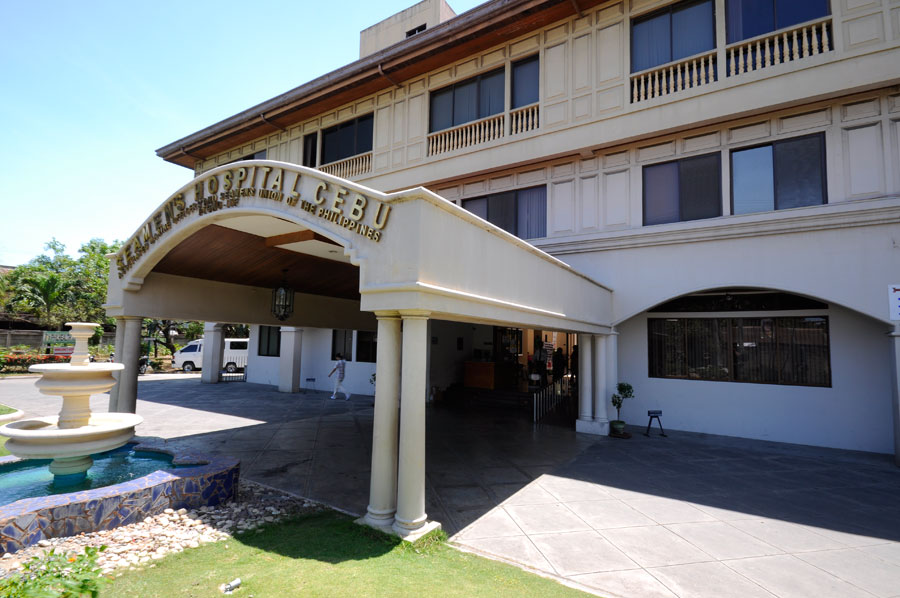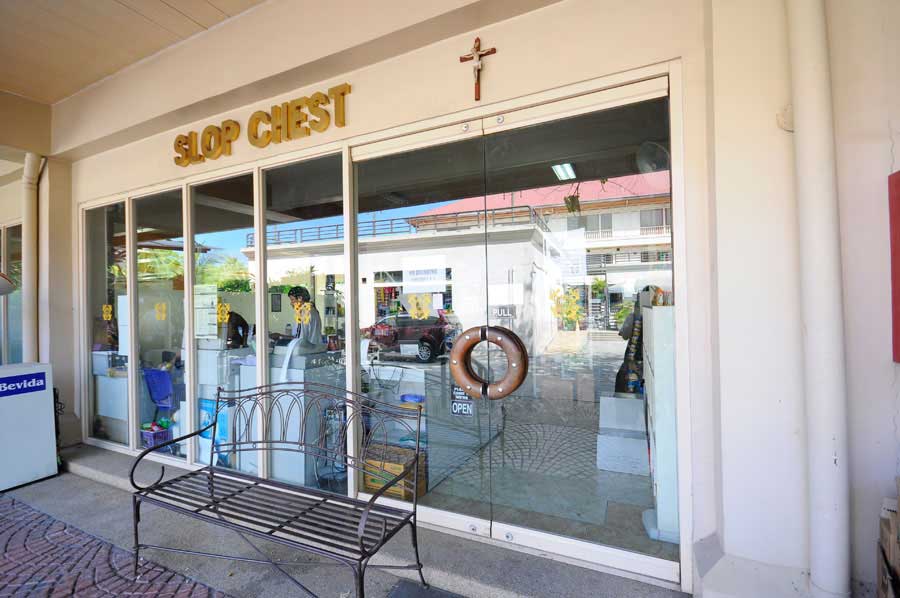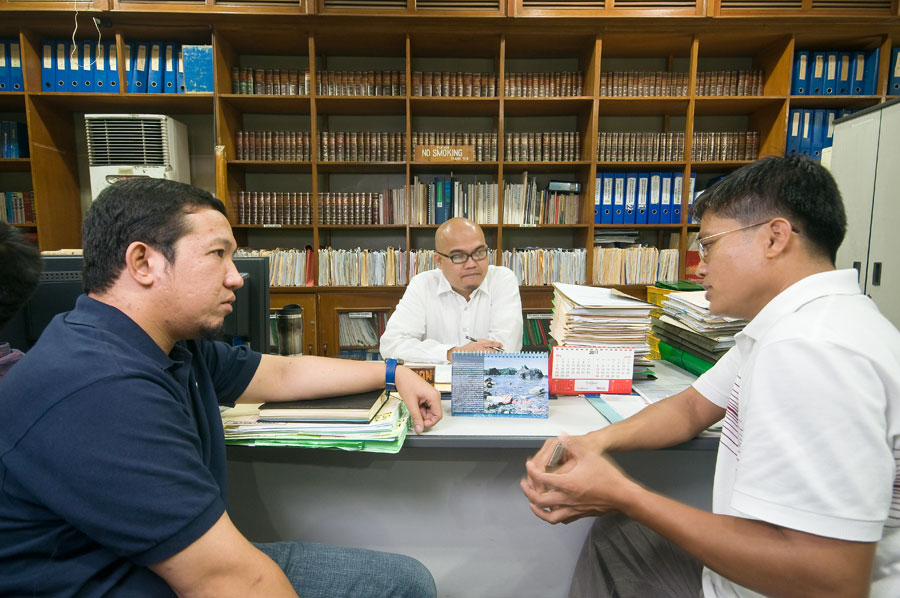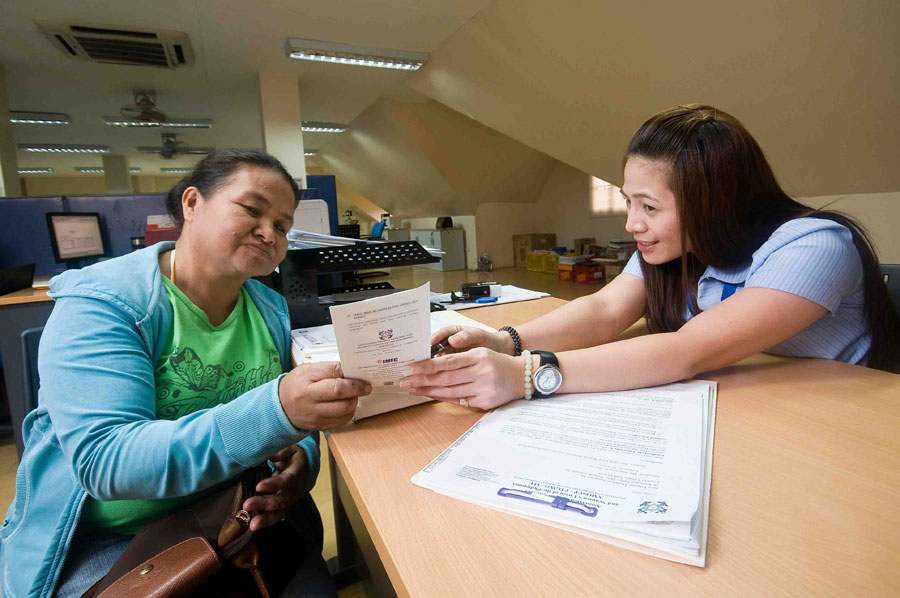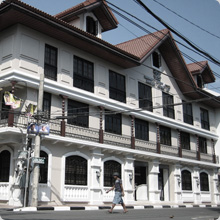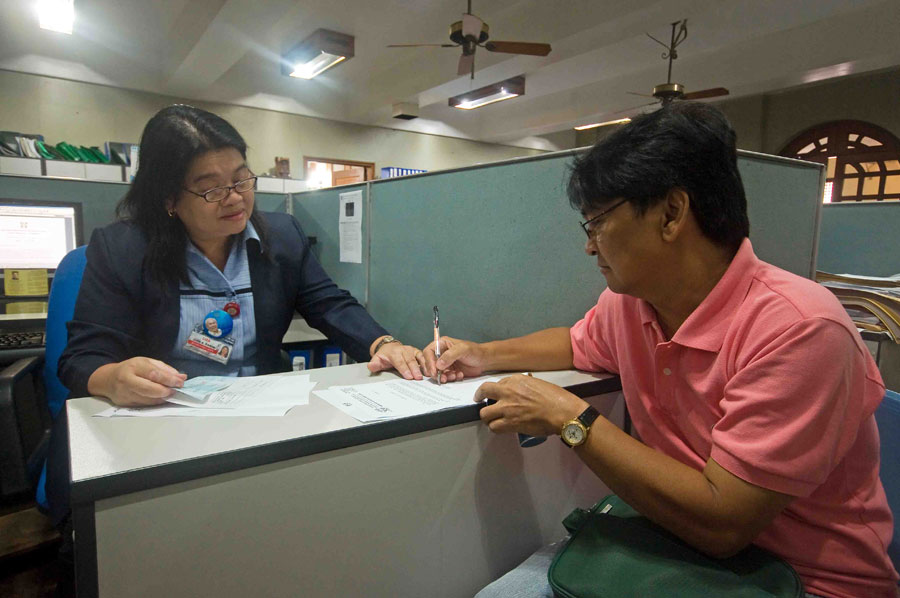The IMEC-ITF-AMOSUP Safe Corridor Manila addresses concerns over the authenticity of PH Covid-19 negative tests
Maritime employers and unions joined forces to ensure Filipino seafarers are well taken care of before sending them to and from their assignments at sea during the pandemic.
Filipino seafarers have to pass through the services of the newly established quarantine and testing facility for COVID-19 that was set up by the International Maritime Employers’ Council (IMEC), ITF and AMOSUP last October.
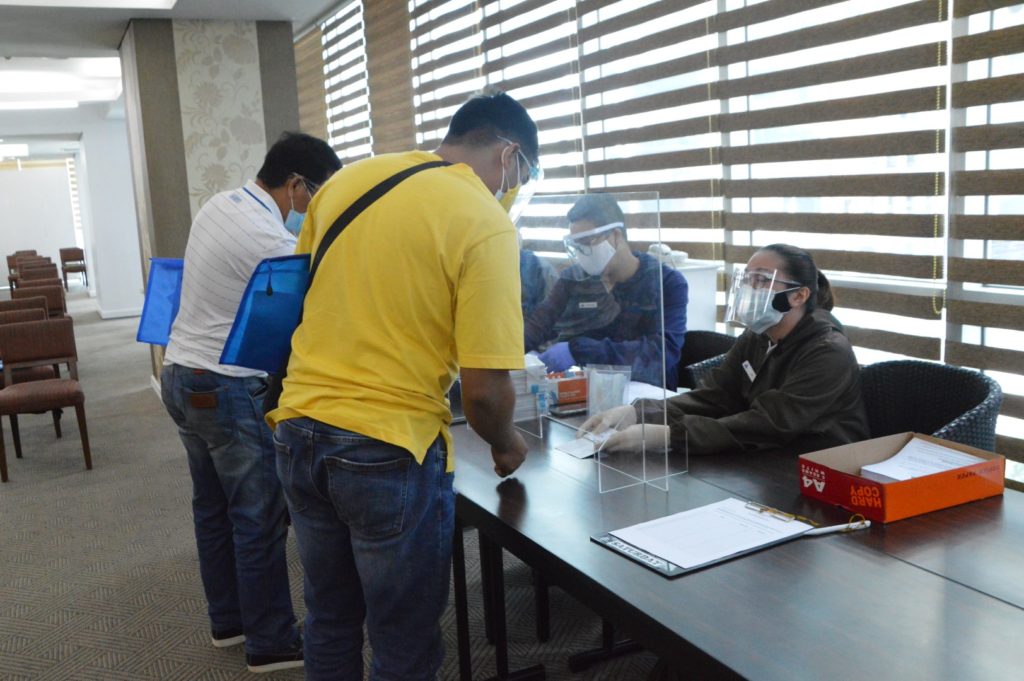
The IMEC-ITF-AMOSUP Safe Corridor Manila contracted two separate hotels that serve as a one-stop-shop for testing and quarantining of the crew who are joining on and signing off their ships. Under the project, a third party security company also assists with the monitoring of the quarantine phase. The hotels can accommodate 300 seafarers at a time.
The programme also consists of arrival and pre-departure gold-standard PCR testing of seafarers; secure certification of test results using blockchain tamper-proof technology; and secure transit to airports in groups no more than five (including driver). It also seeks partnership with governments and their immigration and port authorities to recognise the test result certificates, reduce unnecessary quarantining time and to improve the volume of crew changes.
The project took off last 28th October 2020 with the aim of addressing concerns raised by a number of crew change hubs over the authenticity of COVID-19 negative tests obtained in the Philippines and over the efficacy of pre-embarkation quarantine served by joiners before deployment.
AMOSUP Seamen’s Hospital runs the DOH-accredited facility processing the COVID-19 test while the Union provides administrative support to the employer-union initiative. The pilot programme is made possible due to a grant from the AMOSUP International Marine Training Fund that exclusively supports the welfare of Filipino seafarers.
AMOSUP President Dr Conrado Oca said “this joint initiative with our social partners makes us optimistic about the direction our industry is going even with the pandemic.” As a resilient sector of the maritime industry, the union, together with shipowners and government, can work collaboratively to accomplish our goal as a vital component of international trade.”
Dr Oca said the project also serves as the key for both union and employers to continually “care for our seafarers so they can continue to embark on the high seas to provide for their families and move the world’s economy despite the daunting challenges brought about by the pandemic.”
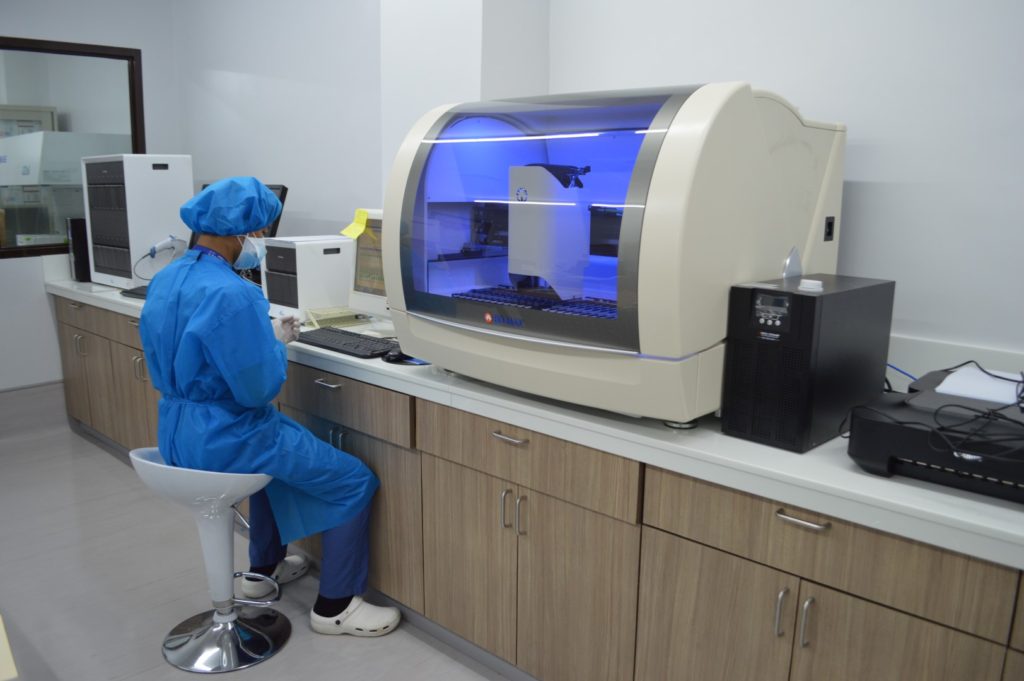
ITF General Secretary Stephen Cotton said in a statement: “The reality is that this virus is with us for the time being. As long as there is no vaccine, all of us must work together to get seafarers safely to and from ships on a much larger scale than we’re seeing right now.” He pointed out that for both safety and environmental reasons, “you can’t leave a ship docked in a harbour without a crew. You’ve got to have ‘joiners’ lined up before crew can leave a ship.”
Cotton stressed that the system provides “the safest way to get replacement crew quickly to the ships so that seafarers who have been on board for far too long can exercise their right to return home. It’s much safer and more efficient if a country has proof that a seafarer has been in managed and monitored isolation and has tested negative twice to let them in; rather than requiring them to quarantine when they arrive.”
Many months of too little action from so many governments to resolve the crew change crisis prompted the unions and employers to come up with practical solutions like the Manila Corridor Safety project to help get seafarers off their ships and refreshed by those eager to go back to work and earn again.
The programme and its facilities are only open to IMEC members.
IMEC Chair Captain Belal Ahmed said the programme came together initially after employers and unions understood that more practical solutions were needed that addressed concerns raised by a number of crew change hubs over the authenticity of Covid negative tests obtained in the Philippines and over the efficacy of pre-embarkation quarantine processes used by seafarers looking to join ships.
“We felt there had to be a technology and process solution to be able to say to countries: ‘the seafarer has done their quarantine in a managed and monitored environment, here is their negative test. Now please let them get on with their job’. This new programme means we will be able to say that with confidence,” said Captain Ahmed.
“We have had input from software developers who have provided blockchain technology to make the Covid PCR test result certificates tamper-proof,” Captain Ahmed said, pointing out that ”the quarantine facility follows strict guidelines under Singapore’s SHN (Stay Home Notice) rules. This is fundamental to ensure the crew remain COVID-19-free for at least 14 days before they join the ship.”
“I hope this serves as a model for how things can be done. This kind of innovation is so important for ending this humanitarian crisis,” said Captain Ahmed.
Covid-19 lab works well amidst spike in number getting tested
A spike in the number of seafarers queuing for COVID-19 test at the AMOSUP Seamen’s Hospital has prompted the need for additional medical technologists. The Hospital’s Pathology Department said it has addressed the issue to maintain service commitment to union members and employers.
The department recently reported daily average of 60 to 100 seafarers undergoing the tests since the molecular and RT-PCR (real time-polymerase chain reaction) laboratory began operating last 04 September 2020. It has to provide fast and reliable results, which the new lab makes available for release in 24 hours after processing of the specimen collected gets completed.
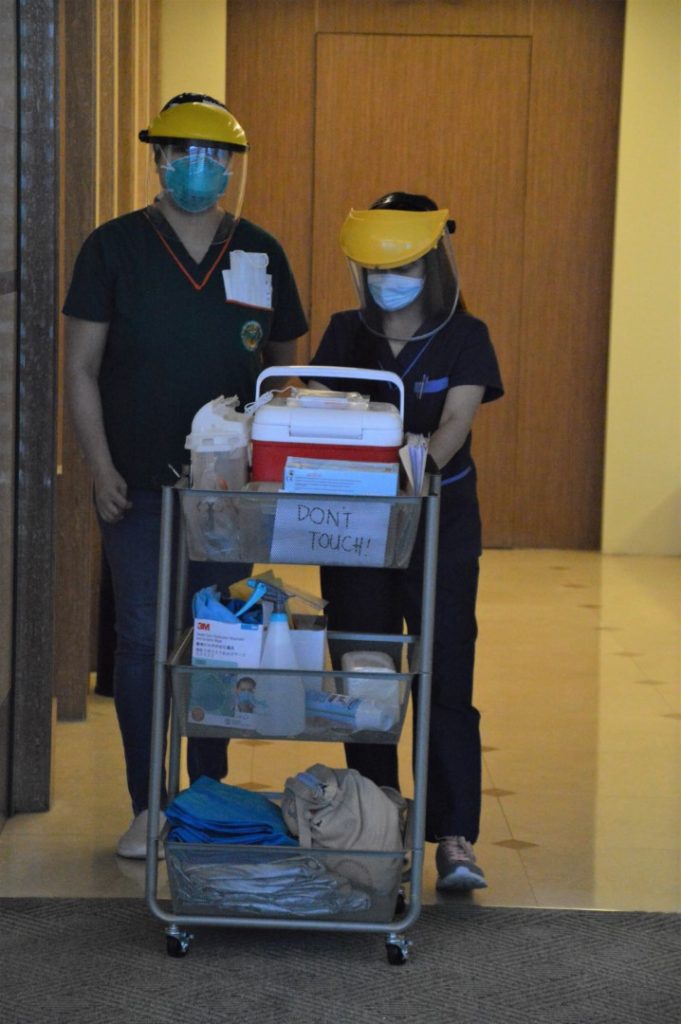
The lack of manpower at the laboratory has put a strain on the part of medical technologists who had to work beyond their operating schedule. Three RT-PCR machines currently serve as the workhorses to determine the COVID-19 status of an individual. The machines get checked and maintained by their maintenance engineer regularly to make their performance unfailing and dependable.
Procedures and protocols being applied for each equipment vary, which requires the need for flexibility and adjustment on the part of medical technologists on duty. In addition, the length of processing for each machine is not the same.
Other issues that have been encountered are incomplete information amongst seafarers who have listed and late comers for the scheduled swab. Hence the department needs to check them with the manning agency coordinator.
The Seamen’s Hospital molecular and PCR lab is a facility accredited by the Department of Health that was set up with the help of ITF Seafarers’ Trust. The lab processes the Covid-19 tests for the newly launched IMEC-ITF-AMOSUP’s Safe Corridor Manila to address concerns over the authenticity of seafarers COVID-19 negative tests obtained in the Philippines and the efficacy of pre-embarkation quarantine of joining crew before deployment. SF

